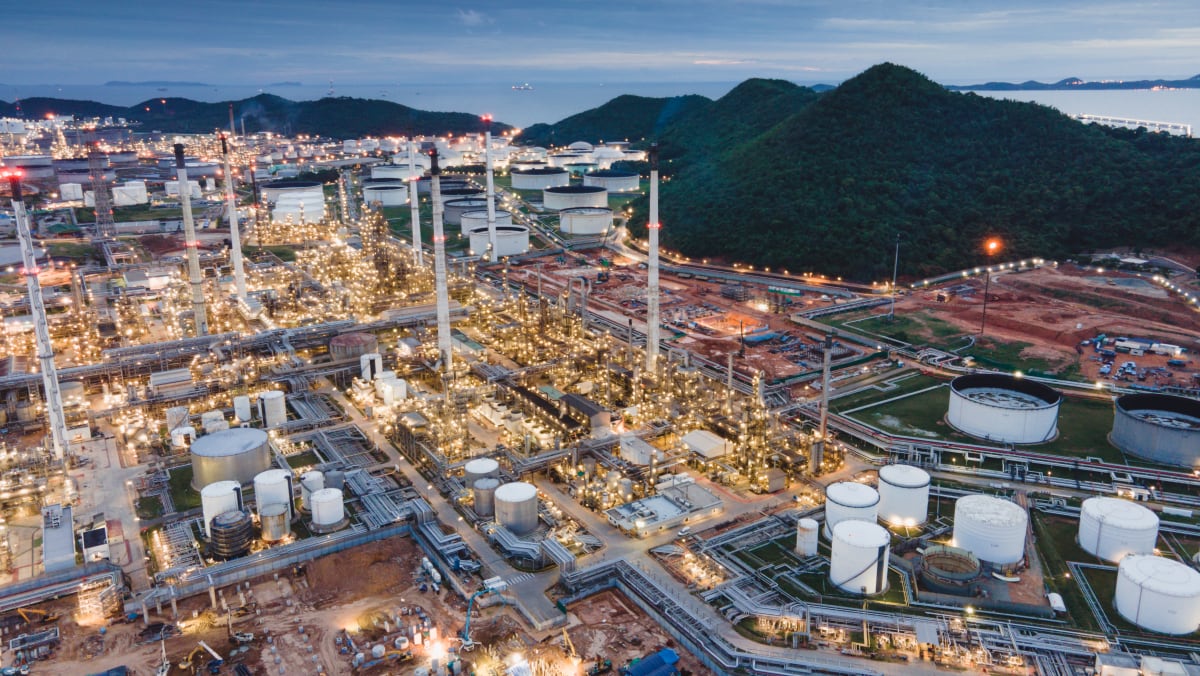Commentary: Big Oil is banking on plastics boom to make up for climate-related losses
THE ANTI-PLASTIC MOVEMENT
Resistance against the industry is growing. Around the world, there are loud, local protests against expanding production of plastics and other petrochemicals.
In the US, protesters have successfully litigated against petrochemical production facilities. In Texas, plastic pellets gathered over several years were used as evidence in a lawsuit filed against Formosa Plastics.
In 2019, the company agreed to pay US$50 million to settle the claim it illegally dumped billions of plastic pellets and other pollutants. In addition, it agreed to comply with “zero discharge” of all plastics in the future and to clean up existing pollution.
The outcome encouraged another lawsuit against Formosa Plastics in Louisiana, where protesters have fought the building of new petrochemical facilities.
The planned facility could roughly double toxic emissions in its local area and, according to environmentalists, release up to 13 million tonnes of greenhouse gases a year – the equivalent of three coal-fired power plants, making it one of the largest pollution-causing plastics facilities in the world.
The lawsuit has for now halted the building of the new facilities. But this plant would be located in a heavily industrialised region between New Orleans and Baton Rouge, recognised by the UN as “Cancer Alley” due to the toxic chemical emissions that have affected it for decades.
In the Netherlands, the Plastic Soup Foundation took legal steps to try and stop plastic pellet pollution from the chemical clusters in Rotterdam and Antwerp.
In Taiwan, where petrochemicals have been a key contributor to economic development, several protests against petrochemical sites have made it nearly impossible to expand.
Even in China, which has seen the most rapid expansion of the industry in recent years, protests have been organised in many cities where plans for paraxylene production have been revealed.
These protests have primarily focused on local environmental pollutants and negative effects on neighbouring communities, which tend to be impoverished and minority communities, rather than the climate impact and fossil fuel connection of the industry.
In Scotland, where Extinction Rebellion protesters in 2020 blocked the entrance to the integrated petrochemical production and oil refinery complex owned by INEOS. They accused the manufacturer of being Scotland’s largest contributor to climate change and a major hurdle for the government’s net zero carbon emissions target.
INEOS responded saying emissions from the production in the UK were lower than elsewhere, and that the company explores ways of reducing emissions further.
For all the latest world News Click Here

